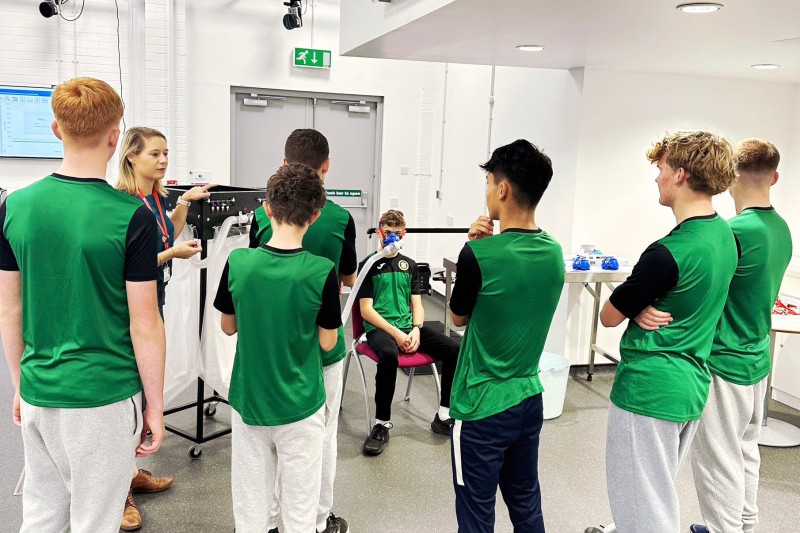
Now that assignment season is well and truly upon us, here’s some advice from BU’s Library & Learning Support team to help you understand what academic offences are, and how to avoid them.
An academic offence is, in short, any attempt to gain an unfair advantage in assessed work, including practice assessments, by deception or fraudulent means.
It’s your responsibility to be aware of academic offences and avoid committing them, and you can find examples of various forms of academic offence in Appendix 1 of our Academic Offences: Policy and Procedure for Taught Awards (6H).
Poor academic practice, such as poor referencing and minor errors, could see you getting a lower grade and being invited to a meeting with your tutors.
If you are found to have committed an academic offence however, you may be required to resubmit some work or your grade could be capped at the pass mark. More severe offences could see you repeating a year or even being withdrawn from your course.
To help make sure your work stands out for the right reasons, here’s a summary of common academic offences with tips and activities on how to avoid them. For more guidance, there are study skills resources online which you can access both on and off-campus, as well as workshops to sign up to throughout the year. Chat to any of the staff at the library Help Zone’s or online for more information.
Plagiarism
"The practice of using someone else's idea or work and pretending that you thought of it or created it." (Collins English Dictionary 2018)
Plagiarism is the most common academic offence committed by university students. Often students plagiarise by accident because they don't understand how to reference properly. You will be penalised for plagiarism regardless of whether or not you did it deliberately, so you must make sure you understand how to reference correctly. You can find out more about plagiarism and referencing in the guide to avoiding plagiarism.
Activity: Understanding plagiarism
Self-Plagiarism or Duplication
You are not allowed to submit the same or substantially similar work for more than one assessment (this does not include resubmission of work for the same assignment).
Example: You are not allowed to cut and paste a section of a previous essay into an essay you are writing on a similar topic.
Activity: Self plagiarism webcast
Collusion
'Collusion' means working with other students to complete assessments when you are supposed to do the work alone. You are not allowed to work with other students on individual assignments.
Example: you are not allowed to work with a friend to select quotes for an essay you are both working on and both use those quotes in your essays.
Activity: Avoiding plagiarism while working with other students
Commissioning
You are not allowed to pay another person to complete an assignment which you then submit as your own work.
Example: Purchasing an essay from an online essay bank or paying an essay writing company to produce an assignment for you to submit as your own work is an academic offence. Beware of companies posting adverts on social media or handing out flyers near university.
Cheating in exams or tests
Any behaviour aimed at gaining an unfair advantage in an exam or test may be considered cheating, such as trying to communicate with another student, copy another student or access unauthorised materials.
Example: You are not allowed to copy from another student, consult hidden notes or take unauthorised material into the exam.
If your circumstances are making you feel so overwhelmed or anxious about your work that you would consider committing an academic offence, please talk to your tutor and the library support team – you should also consider talking to our Student Wellbeing team.



